Dieva Putniņi
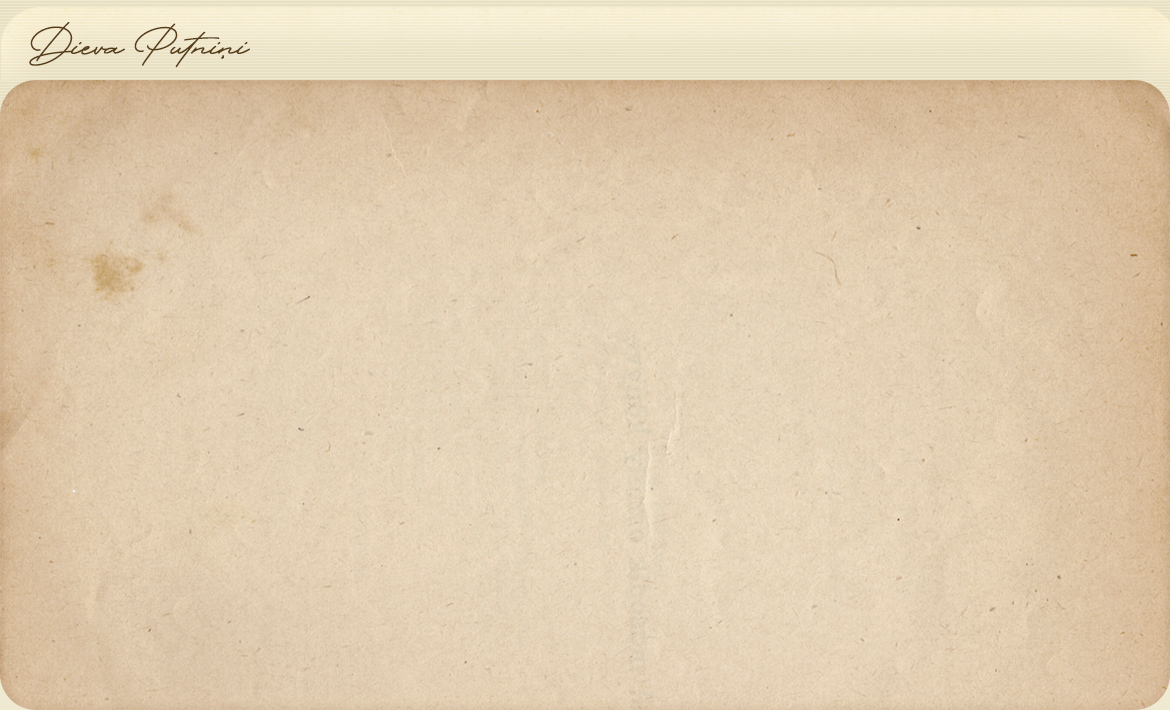
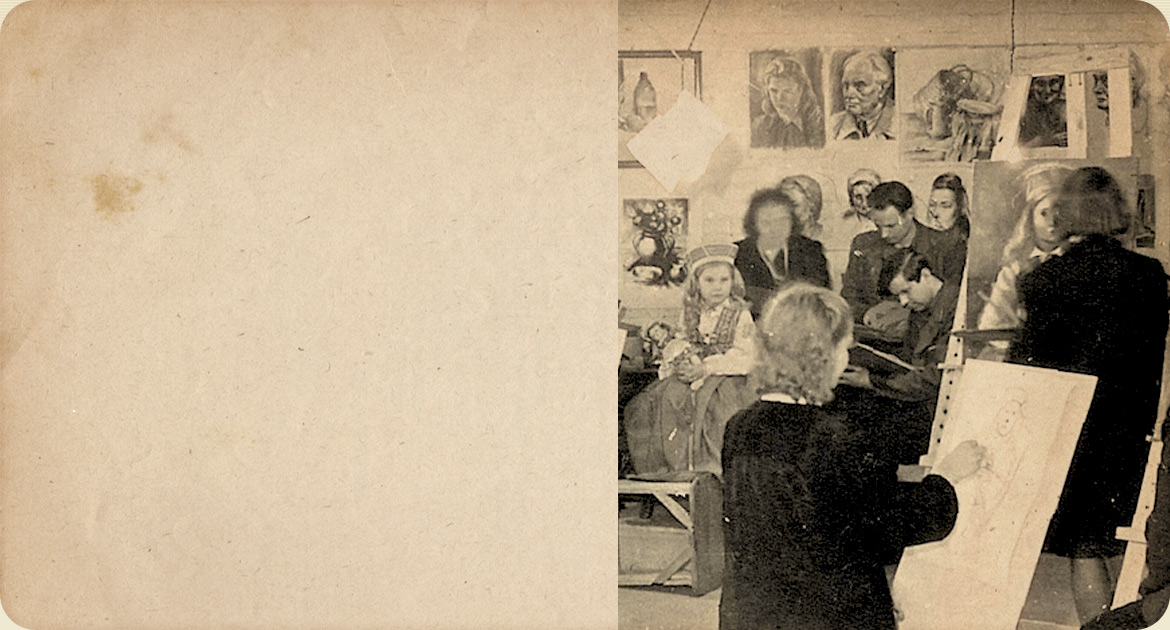
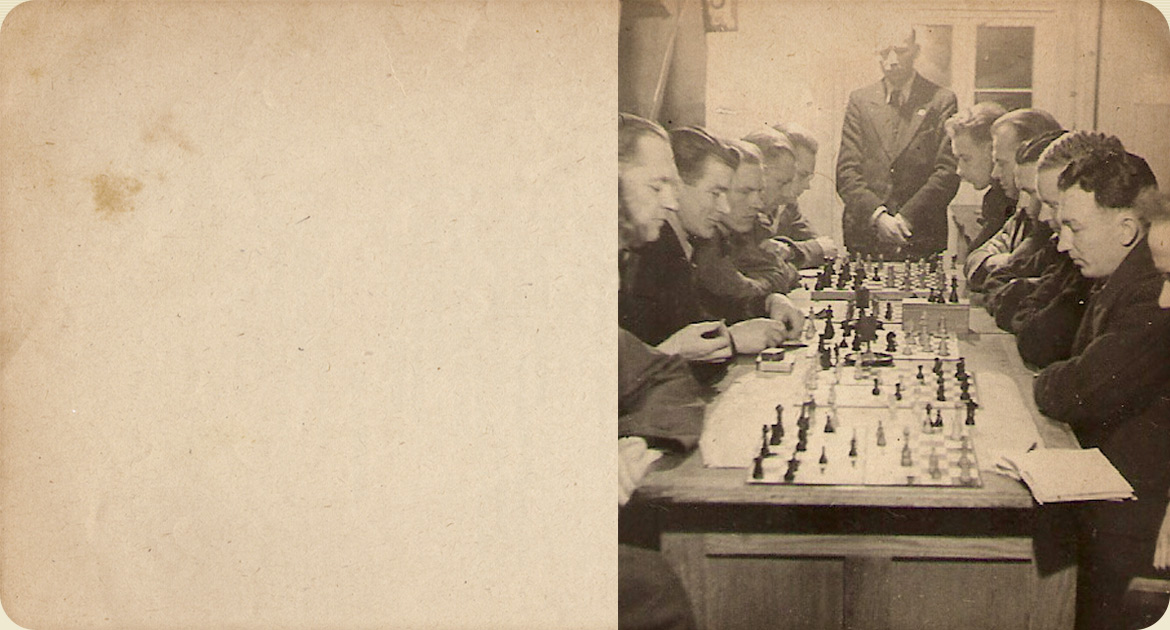
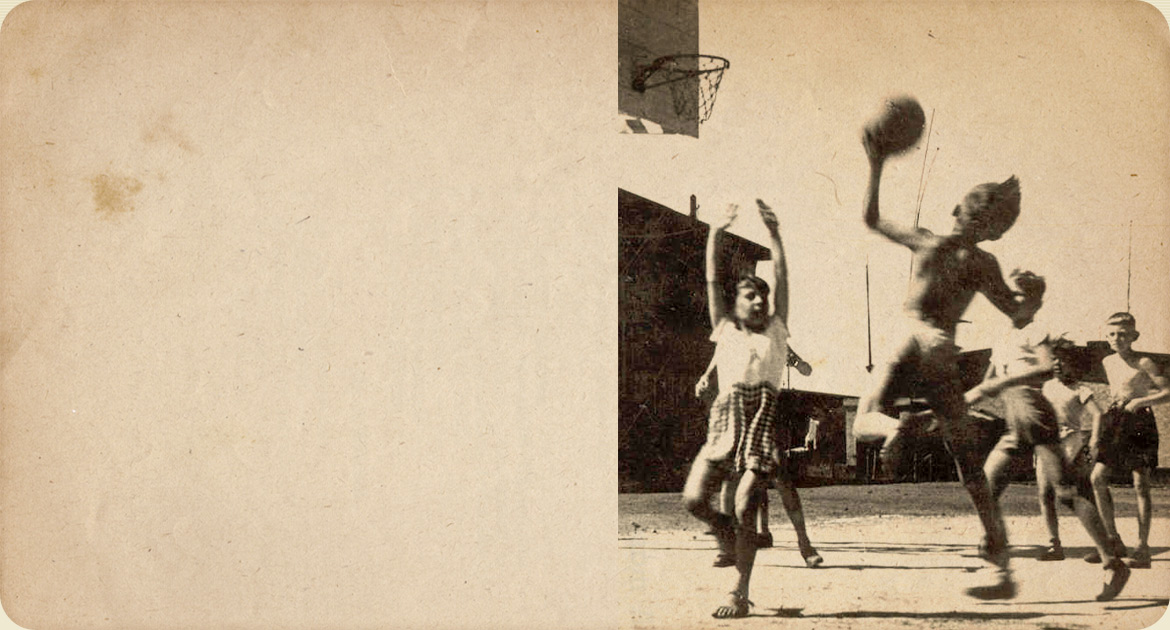

A large proportion of Latvian refugees had been active participants in the social and cultural life of Latvia. This culturally active part of the population had been seriously under threat during the communist regime. Renowned artists, authors, musicians, singers as well as academically educated professors, lawyers, doctors, theologians and representatives of other professions fled Latvia and began living in the DP camps. Cultural, sporting and educational activities grew rapidly.
Already in the first months in the Latvian DP camps schools, theatres and choirs were organised; newspapers issued, books printed, concerts presented, exhibitions and other gatherings held. These cultural activities helped to maintain the feeling of national unity among the refugees. Lutheran and Catholic parishes were established and regular services held in churches and other places of worship. Even song festivals and sport championships were held and a Baltic university created, where people could get academic education.
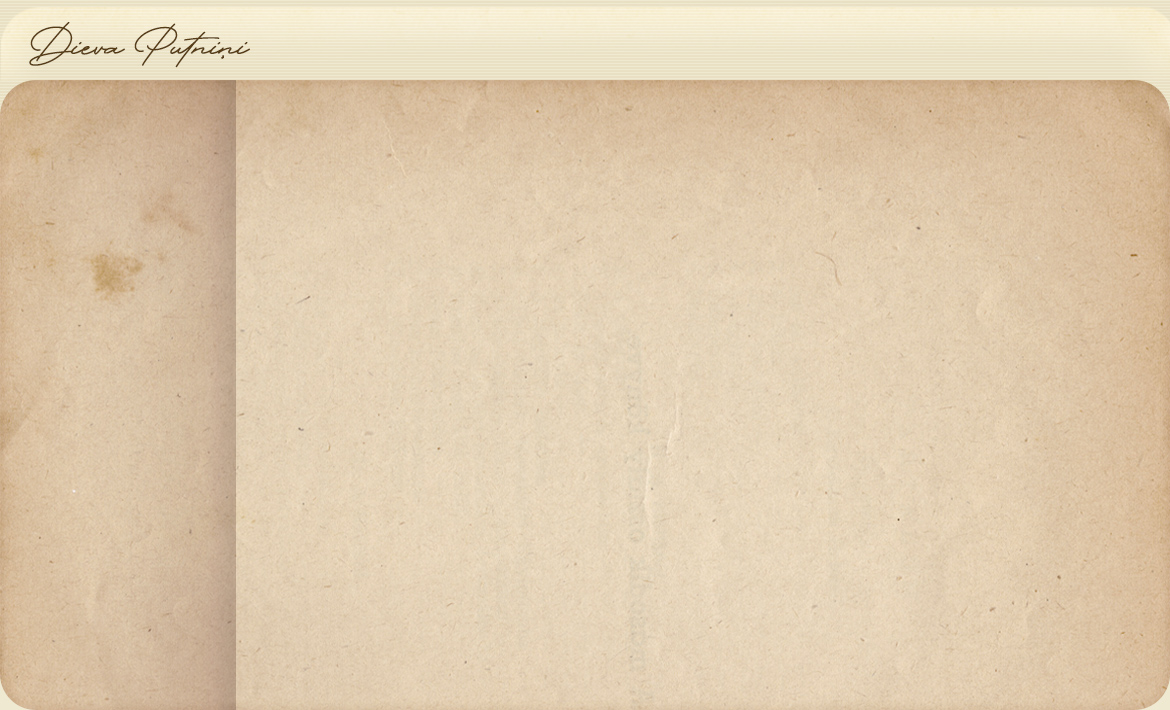
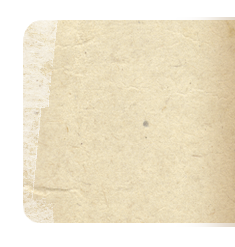
Photo from Lonija Bandere
ID 859
Song Festival Concert
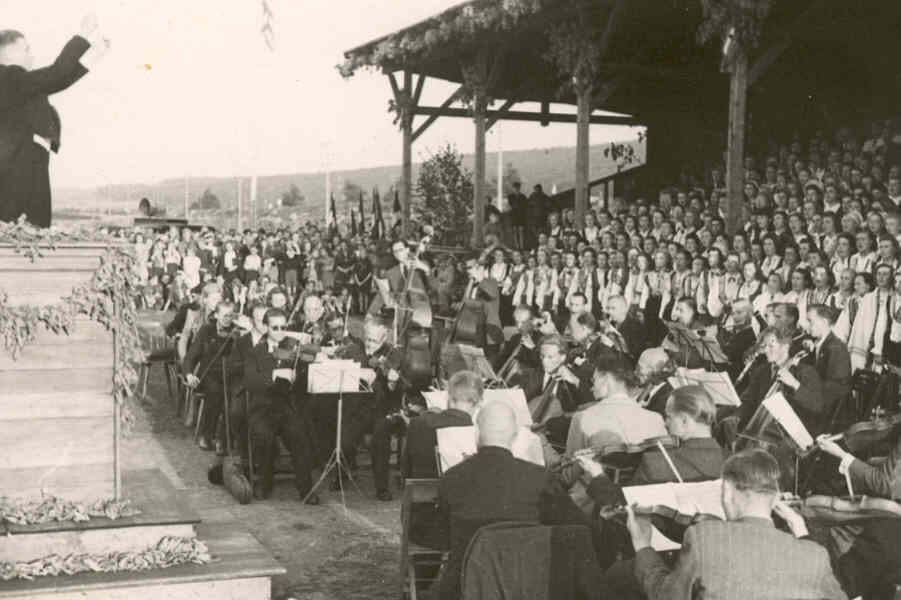


Photo from Harijs Saukants
ID 841
Choir members at the song festival



Photo from Maija Medne
ID 971
Ballet School

"At Eichstätt there was a camp ballet school, where Valdis Krauja, a ballet dancer from Liepāja taught. I was an enthusiastic ballet dancer. We made costumes from cotton gauze, with frill and all the trimmings"
Maija Medne


Photo from Laimonis Krūmiņš
ID 859
Little Ballerinas



Photo from Maiga Friess
ID 950
The first Jāņi (Midsummer solstice)

"We had left behind the horrors of war more than one year ago... Why not enjoy ourselves at a typical Latvian 'Jāņi'..."
Maiga Friess


Photo from Velga Zēgnere
ID 2086
Weavers Workshop



Photo from Ģetrūde Blūms
ID 543
Handcraft exhibition



Photo from Harijs Saukants
ID 825
Fine Art exhibition



Photo from Margarita Stīpnieks
ID 207
Artists' studio in the cellar

"We were so active... We painted and we organised exhibitions, and the Germans were amazed that the refugees had such good painters"
Margarita Stīpnieks


Photo from Biruta Abuls
ID 2211
A scene from Blaumanis' "Trīne's sins"



Photo from Daiņis Rudzītis
ID 866
Confirmation of Youths



Foto no Jānis V. Liepiņš
ID 96
Chess Championships



Photo from Vitauts Vītoliņš
ID 1758
A game of Basketball
